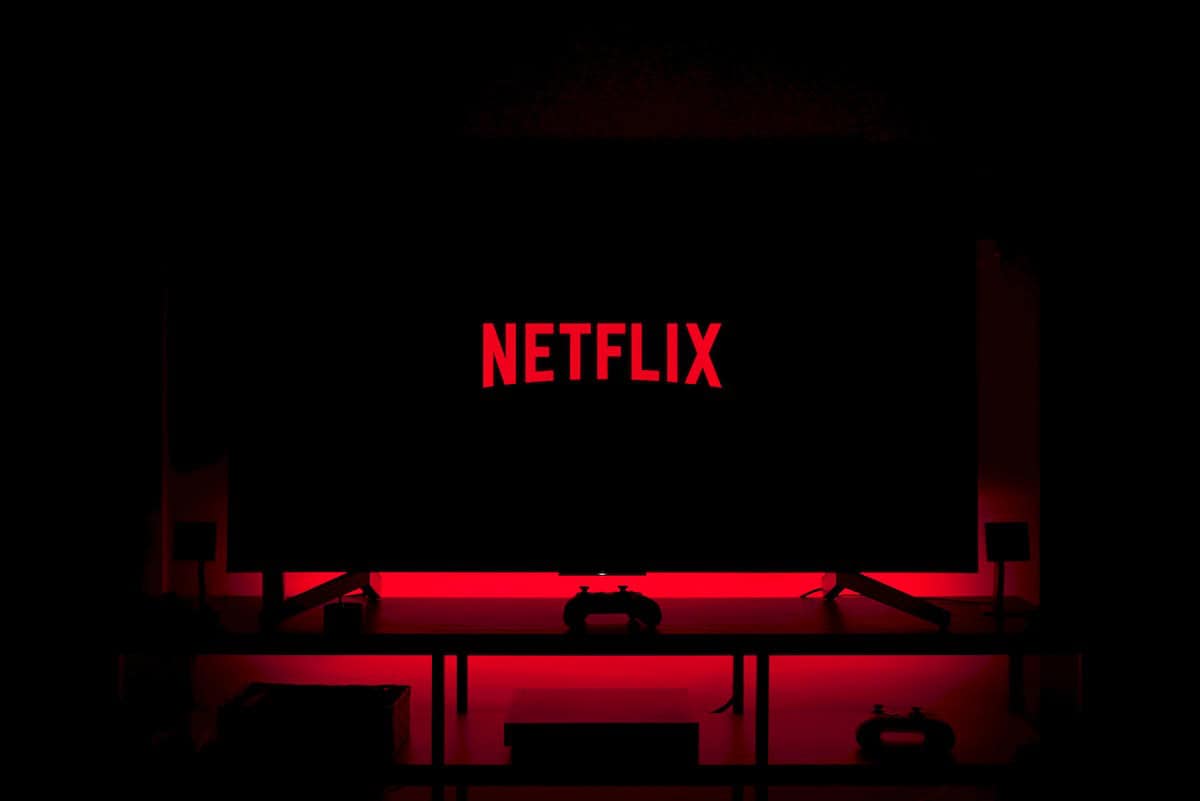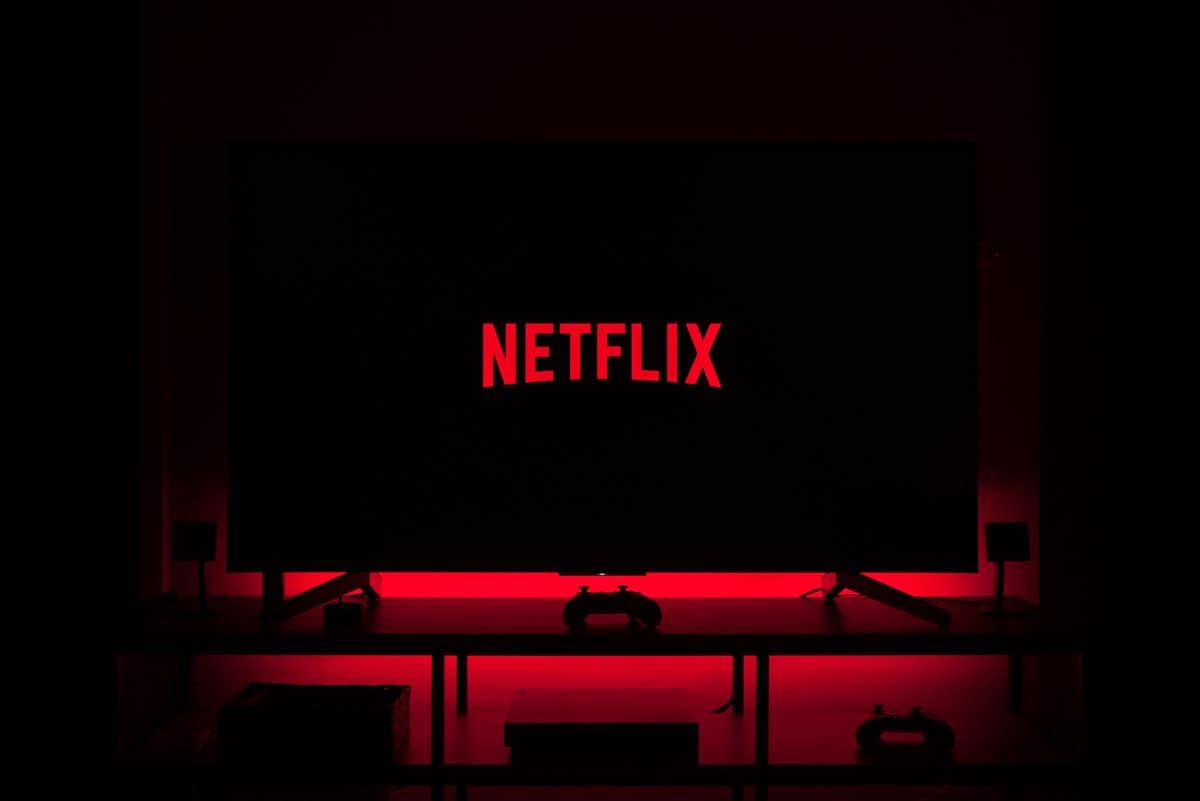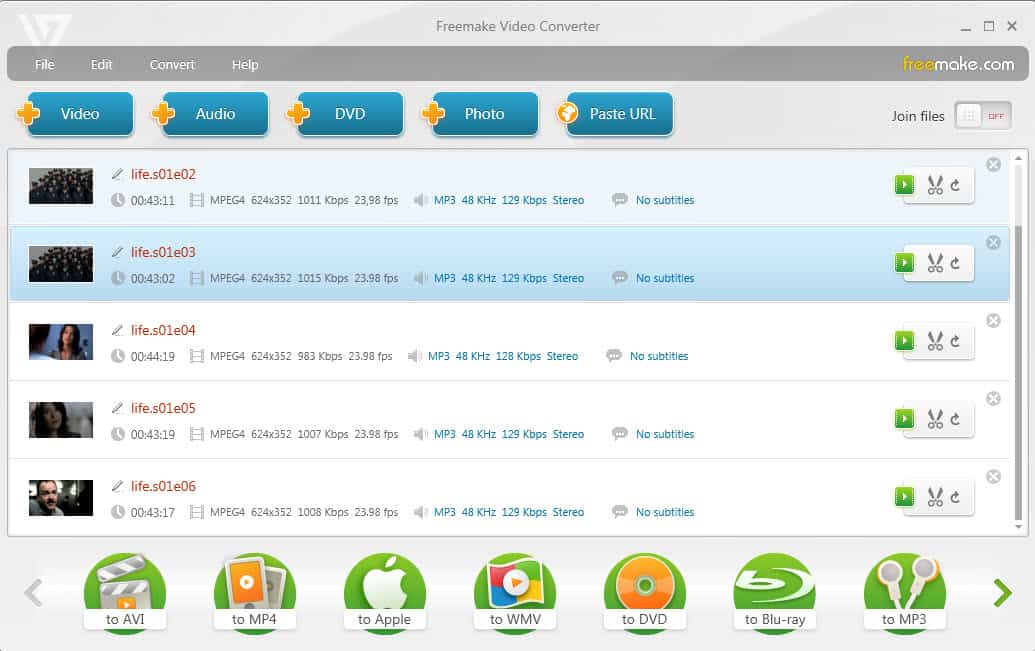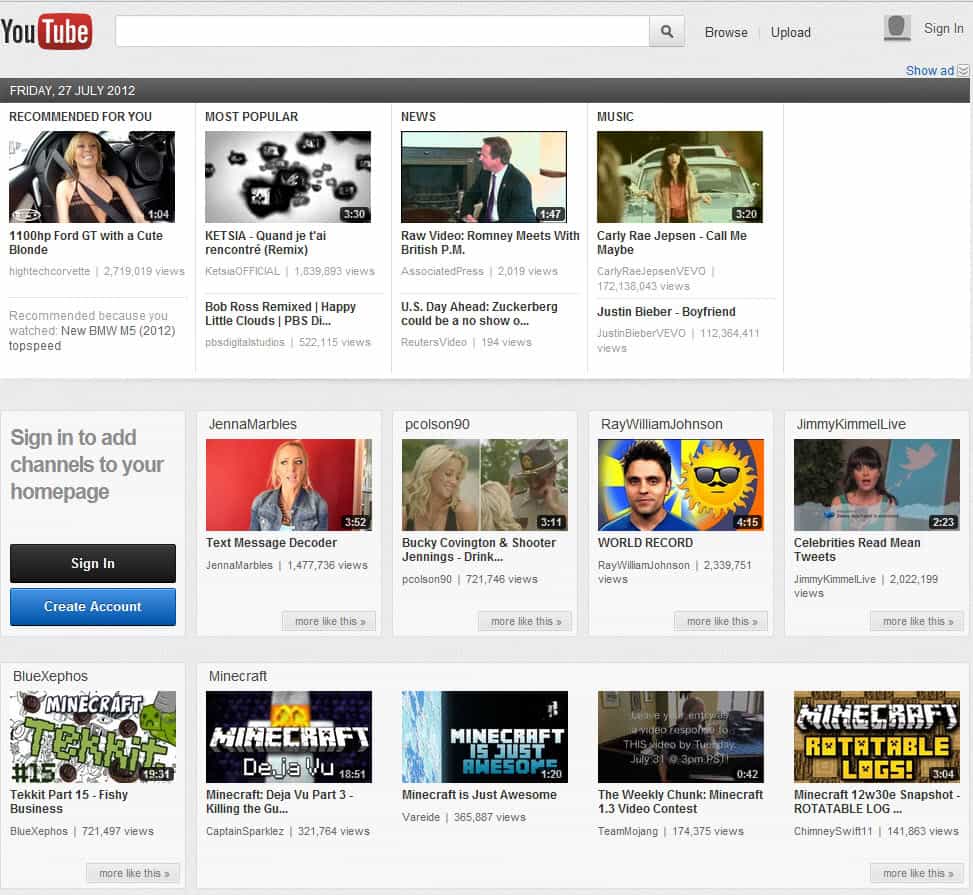Could Netflix switch to P2P to lower ISP pressure?

Several Internet Service Providers (ISPs) in the US are pressuring Netflix to pay money to ensure the optimal delivery of Netflix streams to customers.
Brian over at Betanews thinks that Netflix should pay ISPs, while the majority of users who left a comment on the article disagree strongly with him.
Logic is not always applicable in a business environment, but here is how it stands right now. Netflix pays for bandwidth to the Internet, so that users can connect to the site and stream contents. Netflix users pay their Internet Service Providers as well to connect to the Internet with a certain bandwidth.
What IPSs are demanding now has already been paid for by their customers. And what Netflix is using has also been paid for already as well. What ISPs demand is that Netflix pays them for increasing the average bandwidth use of their customers.
The only problem that ISPs face is that the rise of Netflix and comparable services has increased the bandwidth utilization of the average Internet user. Streaming media requires more bandwidth than browsing Internet pages, which in itself may not be a problem depending on how Internet is delivered to users.
The problem here is that residential Internet, be it cable or DLS, is oversubscribed, and when users suddenly start to use a lot more bandwidth, comes to its knees because it is just not capable of delivering advertised speeds to all users. Even if the capabilities are there, it reduces the profit margin of the ISP.
That's however not a problem of Netflix or other Internet companies, but one that ISPs have to take care of.
Instead of doing so, some decided to increase profit margins by asking Internet services to pay them money to ensure that their streams or connections are not slowed down in the ISPs network.
Could P2P be the solution?
P2P streaming is not a new thing, and clients such as uTorrent have supported it for a while, and most TV streaming solutions such as Sopcast are also making use of it.
The recent release of Popcorn Time has shown that it works quite well for the distribution of large video files.
So how could this work?
Netflix needs to dedicate some bandwidth to ensure that delivery is always guaranteed. All customers who use the P2P software would not only download the video to their system, but also upload it (share it) to other Netflix users.
This means effectively that Netflix users would spend more bandwidth streaming videos than before while it would reduce the amount of bandwidth that Netflix has to pay for to its provider.
It is likely that this move would increase the pressure on Netflix, not reduce it, and is therefor not an option in this case.
What's your take on this?
Advertisement




















Since Netflix has so many subscribers, I’m pretty sure they can offload the ISPs a little bit. P2P could work very well. Here you see for instance 40 seeders and 50 leechers and you still get full speed. Same for a game I play. We receive big updates through P2P and they’re going fine.
Give the users options like to limit the upload speed and all will be happy. ‘Cause you know the upload speed is what brings the entire PC (internet) to its knees. I mean, don’t ask the users to provide their entire upload speed. In that case Nextflix should lower their prices.
Of course I don’t know about 100Mbits or even more speed in the user’s side, but I’m talking for my humble 50Mbps connection. I get 4.7MB dl per second easily. And in USA as we hear, speeds aren’t better. I’m from Greece and receive full speed anytime of the day with those few seeders I was talking about.
Wouldn’t this also affect the “speed” of more popular shows?
House of Cards, that’s going to have like a bajillion “Netflix seeders,” but if you watch something like Magnum P.I. at 4 in the morning — dont ask — it wouldn’t be nearly as fast, would it? O_o
That’s where the Netflix servers come into play to ensure proper delivery.
Customers pay for bandwidth access. Netflix and it’s users are customers are due what they have paid for. Anything else is extortion.
Seriously, why dangle higher speeds in front of customers if you aren’t allowing them to use it?
It’s extortion, nothing else.
The traffic is paid by the customers of the ISPs and that even includes a profit margin, so in fact we’ve already been paying more than the costs we cause. Now the ISPs want to extort Netflix, so Netflix has to raise their monthly fee and the customers end up paying for the same traffic twice.
I wonder if we’ll ever see proper streaming services here in Germany. The U.S.A. have been years ahead of us in that regard and now even they are going backwards.
iPlayer uses P2P technology doesn’t it? I’m pretty sure it used to.
We pay for a service we enjoy in Netflix for access to copyrighted material we want to view. We pay for bandwidth in our subscriptions to ISP’s. If the ISP’s are clogged, they cannot provide something they are already charging customers for. This sure feels criminal. I’m not ready to say its time to break up AT&T again, but US customers are paying quite a bit for access as it is. This does feel “criminal”.
A company I love has already won the PR war IMO over a company I hate.
Is what’s the ISP doing even legal?
I’m against the idea of Corporations pushing the costs/resources onto consumers by getting their customers to deliver their content for them via P2P. That’s similar to what Akamai do with their ‘Download Manager’ although they call it a ‘Commercial Hybrid Content Delivery System’. It seems to be all about reducing expenditure and increasing profits for corporate shareholders, rather than being in the best interest of consumers.